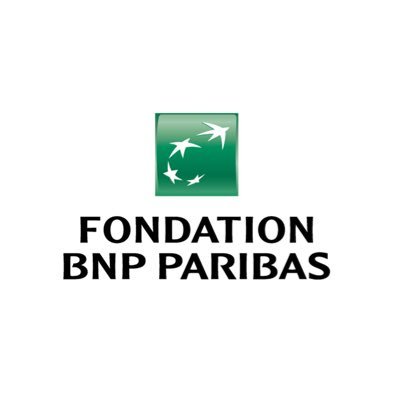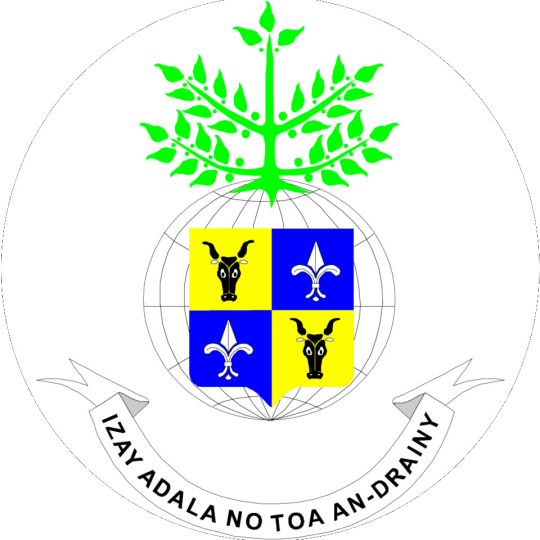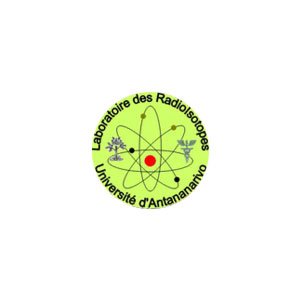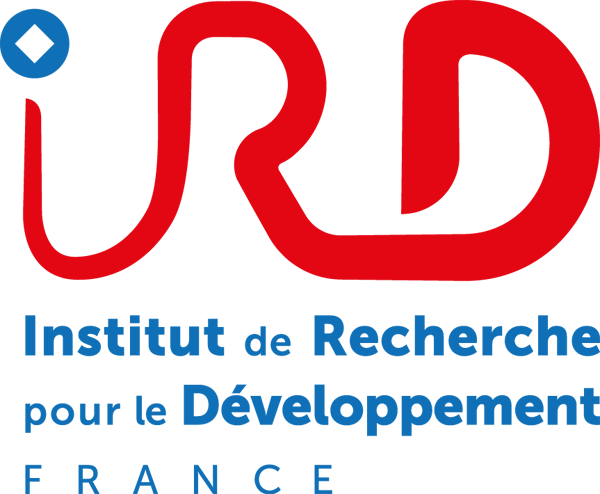EPILOGUE
Overall, investing in family farming in countries like Madagascar is positive for the farmers as well as for society as a whole. Agricultural practices that favour soil organic matter (compost, manure, tree plantations) enable soil fertilization and the storage of CO2 which is absorbed by plants. In this way, yields and incomes can potentially increase for
farmers. And when these practices are implemented on large surfaces, the carbon footprint of the region improves.
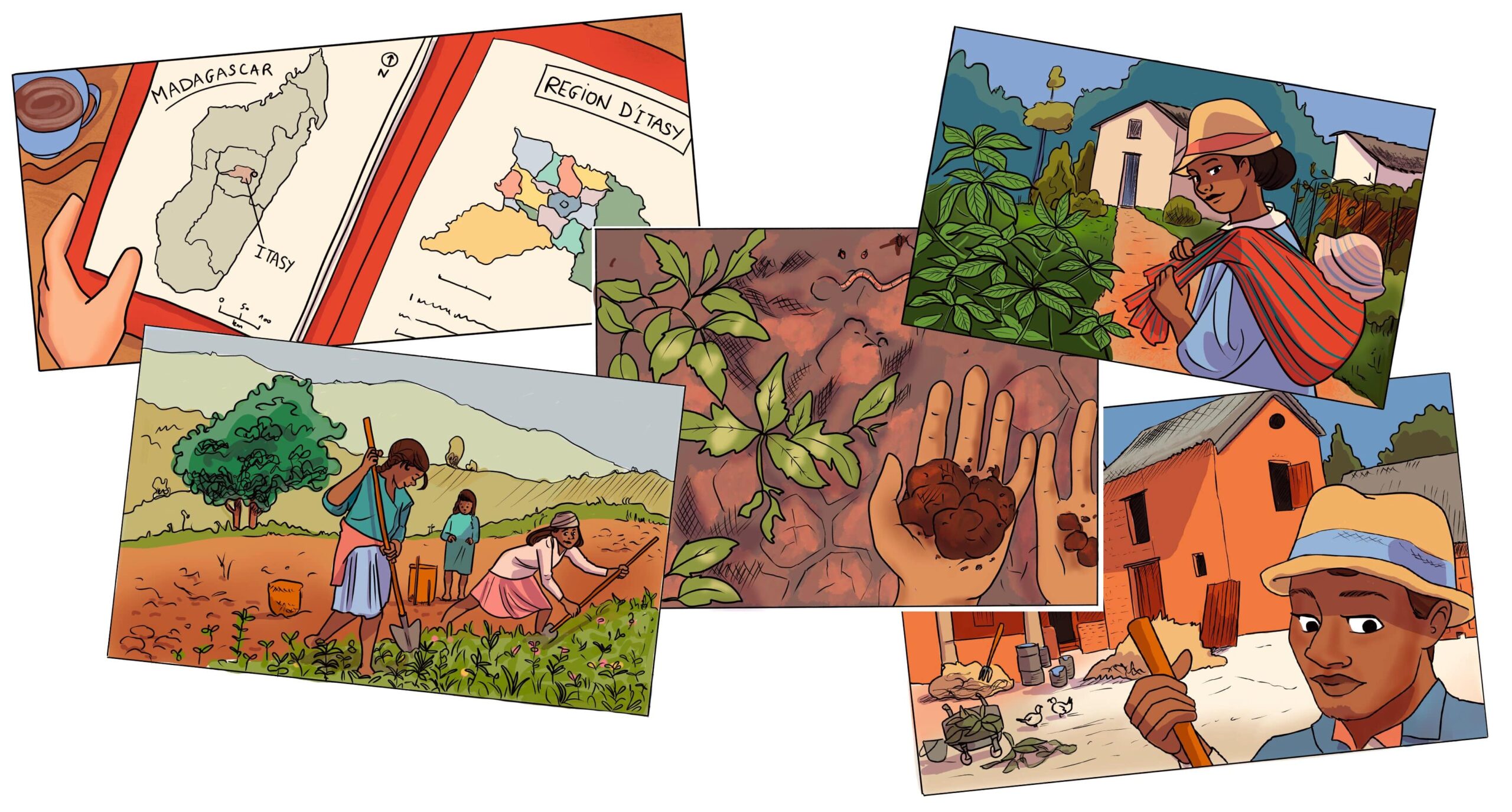
However, there are many possible scenarios. Choosing one is not neutral. The priorities cannot be easily ranked according to the goals of all parties involved. The best option according to
Thomas might not be the best for Emily, or the farmers, or the local stakeholders who implement that type of project and live in the region.

Many parameters must be taken into account: time, the work required, the goals and whether these are private or societal.
As the researcher reminds us, the consequences of one choice or another on a set of criteria are not always known.
Who can make these investment choices? Thomas, the citizens, the states, international donors, private companies? On what basis can these choices be made?

The researcher, even if she overloads Thomas with questions and warnings, should not be seen as an obstacle. Research informs, warns, proposes choices and evaluates them when possible. It offers a framework for thinking about these choices.
Just because we don’t know exactly what will happen, doesn’t mean that we should do nothing.
In a nutshell: « Overall, investing in family farming in countries like Madagascar is positive for the farmers and for society as a whole. »
The end
To learn a bit more
This story is fictional, even if it is based on data from research and development projects. The data on yields and greenhouse gas assessment were measured by researchers at the Laboratory of Radio Isotopes of the University of Antananarivo in collaboration with the IRD as part of several research projects (learn more : here).
Ex-Act and one specific to the Malagasy issues TropiC Farm Tool.
The funding for such developments projects are for instance:
-
International funding:: International Fund for Agricultural Development (IFAD), Global Environmental Facility (GEF), World Bank and Regional Banks for Development (African Bank for Development for instance)
- French Funding for Cooperation: French Agency for Development (AFD), the French Fund for World Environment (FFEM), and French regional agencies.
- Private funding through foundations (Foundation of France, Gates, Carasso, Avril…) or companies eager to show that they are committed to the environment and people.
These projects are elaborated and implemented at various levels by States, local communities, and/or NGOs in rural development. Thomas and Robert, the international consultants in our story, work as freelancers for different donors in order to define adequate projects, find the people who will implement them, and carry out the monitoring and evaluation of these projects.
Who worked on this story ?
Researcher in Soil Sciences, specialist on the soil carbon cycle at the French National Research Institute for Sustainable Development (IRD). Tiphaine’s goal is to share her questioning with the public. To the question: ‘You who are a researcher, did you discover anything?’, she tends to answer: ‘Since you’re here, you are going to help me. What do you think about…?’
Caroline Gaujour
Now an illustrator, Caroline’s drawings were inspired by her training as an agronomical engineer. She dedicates her work to her father, professor and researcher in Soil Sciences at the INA-PG (now Agro Paris Tech), and also cartoonist, who passed away in 2020 at the age of 85 years.
Student in Master 1 of Cinema and Audiovisual Production at the University Lumière Lyon 2, Isabelle is very close to the world of research and development of which she knows the little day-to-day stories. She looks at these players with a precise and entertained eye. Her interest in science is applied through documentary creation.
We thank all the people who encouraged us through financial, logistical, scientific, and friendly support.
A big thank you to our Malagasy and French colleagues, the students who work with us every day in our research in the field or at the office. Gratitude is also due to the photographers of the multimedia database of the IRD who inspired Caroline’s drawings.
The authors wish to thank in particular:
Tantely Razafimbelo: for her advice on Malagasy agriculture and her warm welcome at the Laboratory of Radio Isotopes of the University of Antananarivo.
Martial Bernoux: for his advice on the functioning of consulting in project development in agricultural areas.
Emilie Chen: for her enthusiasm for all the projects of science popularization that the project
SoCa (Carbone in the Soils at the service of family tropical agriculture) has proposed to the BNP Paribas Foundation.
Fiona Bottigliero and Laure Berling for proofreading English version.
And of course, to our families who heard about this project, proofread it, and helped carry it out.

